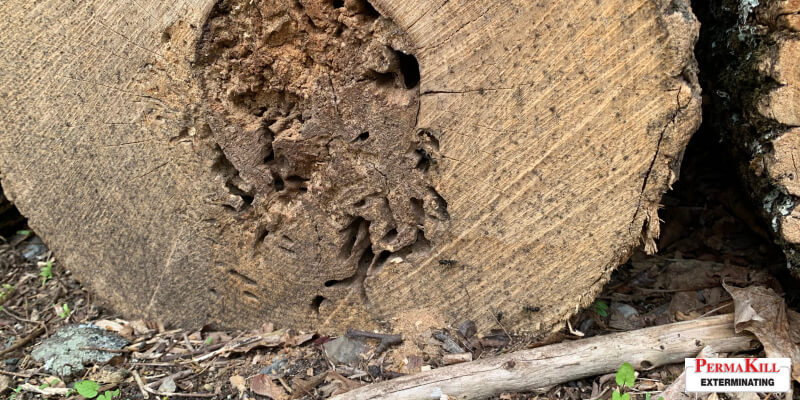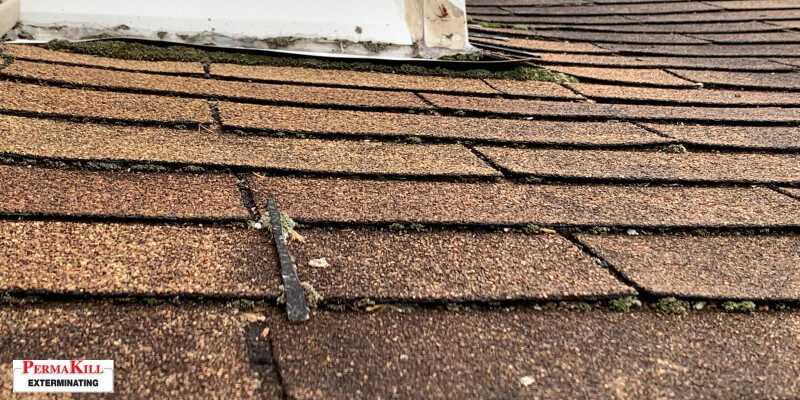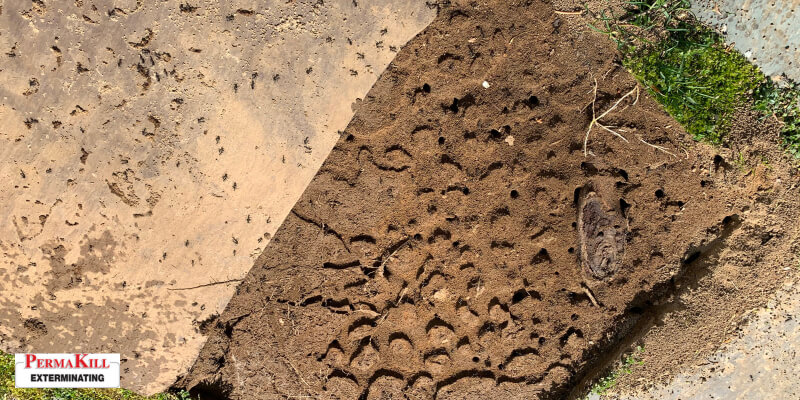


Ants are literally pests to live with, indoors and outdoors. When they are inside your home, they get into your things and cause chaos in the household. When you're outdoors, you have to be careful not to accidentally disturb their nest because they can turn gardening or family lawn games into painful experiences. Don't underestimate these pesky ants just because of their size. They are not exactly easy to remove and they have serious staying power.
Spraying pesticides is the easiest way to deal with an ant problem, but is it necessarily the most effective? Also, you may not be comfortable using toxic solutions as an ant killer in your home. For this, there is natural ant bait and other non-toxic ways to eliminate your ants once and for all. A lot of the ingredients needed for your homemade ant killer can be found in your kitchen so you can create one if you don't feel like going to the store to get the materials that you need.
In order to eliminate ants effectively, you must go for the source instead of just the ants themselves. The nests are part of the ant colony and each colony can hold hundreds or thousands of workers and a queen. Some ant types can have more than one queen per colony, so their reproduction is even more astounding. You can't just ignore an ant colony, even a very small one. Colonies can multiply and soon enough you will have a nightmare to deal with in your own home.
Now the colony survives as long as the queen is alive so it only makes sense to go after her when thinking of tactics to get rid of the ants. What makes this harder is that the colony can actually divide itself and multiply to form new colonies. If you only go after the ants, you may repel them temporarily and disappear in that one area, but best believe that they will turn up somewhere else.
Spotting ants outdoors is easy enough. They are commonly found in lawns or pavements. The visible part of an ant hill is really just the tip of the iceberg because their colonies usually extend two to three inches under the surface mound and extend two to four inches around it. Spotting ants indoors is a lot trickier because ants tend to hide and isolate themselves in your walls, between cabinets, and beneath your floors.

Ant baits provide the most effective control, whether it's indoors or outdoors. Creating a bait involves blending a slow-acting pesticide (chemical or natural) and salty/sweet ant food. The food is what attracts the ants and disguises the pesticides. If effective, the worker ant, following a pheromone trail, will eat the bait food and carry it back to their nests, where they will feed it to the queen and the baby ants.
Since you're luring the ants with food in your homemade ant trap, don't panic if you see a lot of ant trail appearing suddenly, walking to and from the nest to the bait. The urge to just spray them with repellents is definitely high, but you must resist doing it. You need those ants alive to carry your poisoned bait back to their nests. This is essential in effectively eliminating the colony.
Seeing even just a few ants anywhere in your home is a sure sign that there's definitely more of them lurking somewhere. House ants are the most common of the types that typically invade homes. Those are really small, measuring just less than 1/8 of an inch long. House ants are really just nuisance pests and they are not carrying diseases and won't cause damages. You can easily control them with the following natural techniques:
Follow these easy tips to lower the chances of ants wandering inside your home:

A good thing in dealing with outdoor ants is that you can see the nests and deal with them directly. These are some of the methods you can use to control outdoor ants:
You need to make your home as unappealing to ants as possible and this means removing all their potential food sources. Your kitchen and food preparation spots, including the sink and the trap, should be kept as clean as possible at all times. Check your doors, windows, and baseboards to see the entrance points of those ants. Seal those areas so they won't be able to get in your house to seek food.
These steps can also lessen the ants in your home and therefore make it easier for your natural ant killers to do their job.
Here is Everything You Need To Know About Carpenter Ants, Homemade Ant Baits, and Repellents.

If you've done all you can, exhausting all means of killing ants the natural way (using bait station, DIY ant killer, etc), and still unable to get rid of them, you may have to resort to using pesticides and commercially prepared products. If you don't fancy using chemical sprays, you can use bait traps that contain pesticides in an enclosed form. The traps work by attracting the ants, making them eat the bait, and bring pieces of it back to their nests to feed their queen and other ants.
Now if the problem is still unresolved, make a wise choice and let a professional step in. A pest control service can solve your serious ant infestation problem once and for all. PermaKill Exterminating provides pest control services for all ant types, including fire ant, carpenter ant, sugar ants, and flying ants. They offer one-time service and seasonal plans. You can rest easy knowing that your problem will be handled by skilled and friendly technicians and not salespeople with quotas. Call PermaKill Exterminating now and work towards making your home ant-free.